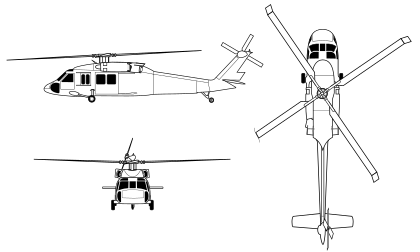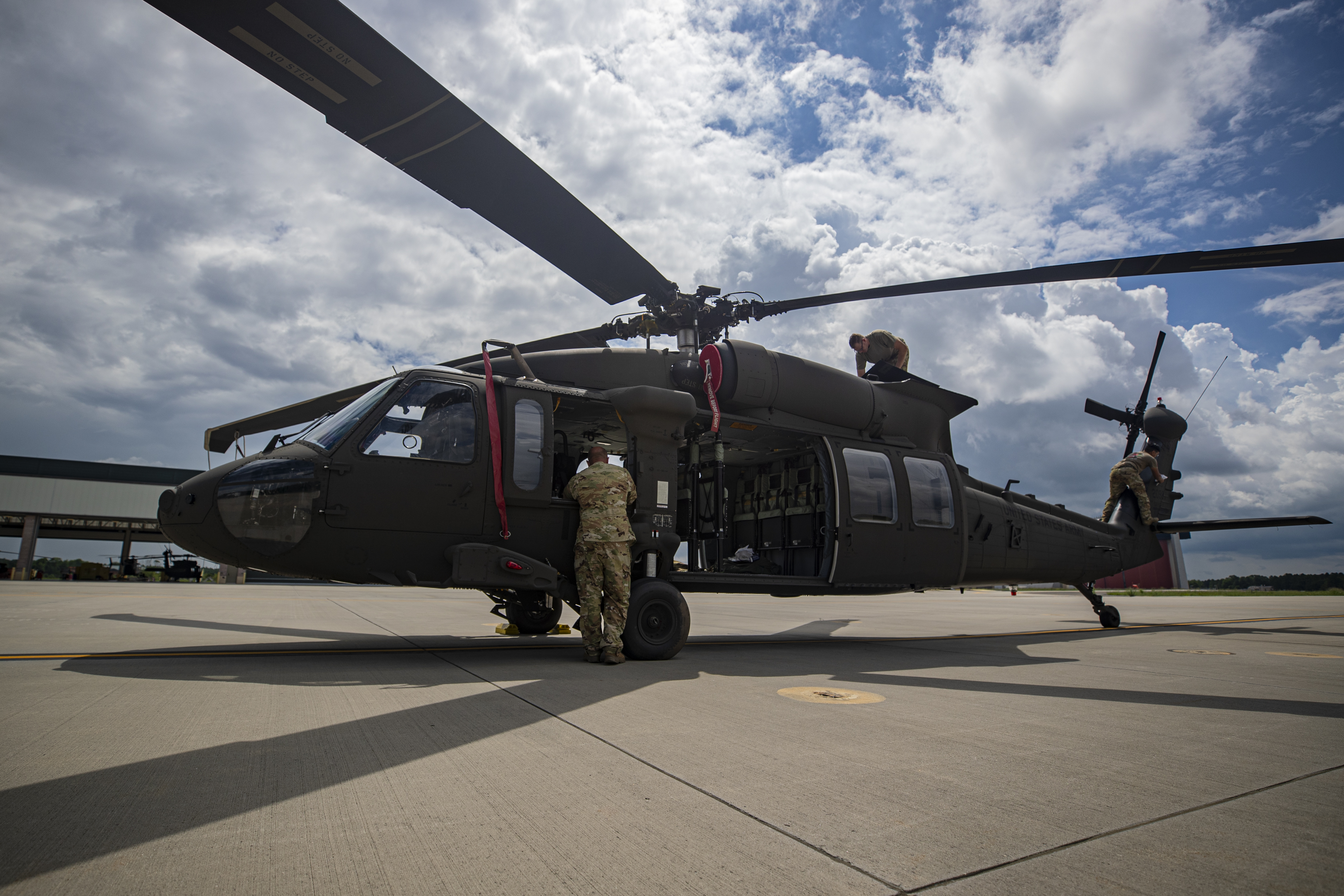The Impact of Lasting Practices on the Future of Aircraft Operations and Emissions Decrease
As the air travel sector faces increasing examination over its ecological impact, the fostering of lasting techniques emerges as an important path toward future airplane operations and exhausts reduction. Advancements in lasting aviation fuels and advancements in hybrid propulsion technologies stand at the leading edge of this transformation, encouraging significant reductions in greenhouse gas discharges.

Review of Sustainable Practices
Sustainable practices in airplane operations encompass a variety of techniques intended at lowering ecological influence while keeping functional performance. These methods are vital in the aviation industry's dedication to decreasing its carbon footprint and adhering to international ecological requirements. Secret initiatives include maximizing trip paths to reduce fuel usage, enhancing upkeep methods to make certain aircraft operate at peak effectiveness, and carrying out sophisticated technologies such as winglets and light-weight materials that improve the rules of aerodynamics.

Engaging and educating staff on sustainability methods additionally play a vital function, cultivating a society of environmental responsibility within companies. On the whole, the combination of these sustainable practices not just helps in reducing discharges yet additionally enhances the lasting practicality of the aeronautics field, guaranteeing it satisfies the needs of both clients and regulatory bodies while adding to worldwide sustainability objectives.
Cutting-edge Fuel Alternatives
Countless ingenious gas alternatives are emerging as crucial remedies to decrease the air travel market's reliance on traditional fossil fuels. Amongst these choices, Sustainable Aviation Fuels (SAFs) have gained significant focus because of their prospective to decrease lifecycle greenhouse gas discharges by as much as 80% contrasted to traditional jet fuels. SAFs are originated from numerous feedstocks, consisting of waste oils, farming residues, and even algae, making them a functional option for the market.
An additional appealing alternative is hydrogen gas, which, when made use of in gas cells, creates just water vapor as a byproduct. In addition, electric propulsion systems are being explored, leveraging battery technology to power airplane.
Finally, biofuels stemmed from biomass are being investigated, supplying an eco-friendly option that can be combined with typical fuels. Jointly, these ingenious fuel choices stand for an essential action toward attaining a sustainable aviation environment, straightening with worldwide emissions decrease targets and boosting the industry's ecological stewardship.
Technological Improvements in Aviation

Just how can technological developments reshape the future of air travel? Advancements such as hybrid and electric propulsion systems are at the center, appealing significant decreases in fuel usage and greenhouse gas emissions.
Additionally, the implementation of advanced materials, such as lightweight composites, contributes to boosted the rules of aerodynamics and fuel effectiveness. The usage of expert system and device knowing in flight procedures optimizes course preparation and minimizes gas melt by making it possible for real-time changes based on climate and website traffic conditions. In addition, the growth of independent and from another location piloted airplane systems stands to revolutionize cargo and guest transportation, potentially boosting efficiency while reducing human error.
Moreover, lasting aviation technologies, including advanced air website traffic administration systems, can simplify operations and reduce congestion, resulting in lower discharges throughout flight. These innovations jointly represent a paradigm shift in aviation, guaranteeing look at more info a future where sustainability and functional effectiveness are linked, consequently supporting the sector's dedication to lowering its ecological effect.

Regulative Framework and Compliance
In light of the expanding focus on environmental stewardship within the aviation industry, the regulative structure controling airplane procedures is developing to advertise sustainable practices. Governing bodies, such as the International Civil Aviation Organization (ICAO) and numerous nationwide air travel authorities, are introducing strict guidelines intended at minimizing discharges and boosting functional effectiveness.
These guidelines commonly include the adoption of Lasting Air travel Fuel (SAF), which has actually been acknowledged as an essential element in achieving reduced carbon impacts. In addition, compliance with these laws requires airlines to implement sophisticated modern technologies and operational techniques, such as maximized trip paths and improved air website traffic monitoring, to lessen gas consumption.
Furthermore, the enforcement of emissions trading plans and carbon balancing out initiatives is coming to be increasingly common, engaging airline companies to keep track of and report their exhausts accurately. Non-compliance can cause significant penalties, therefore pushing operators to prioritize sustainability in their organization models.
Inevitably, the developing governing landscape not only drives development and financial investment in eco-friendly technologies however likewise promotes a society of responsibility within the aeronautics industry. As these frameworks proceed to create, the concentrate here on lasting methods will be important to achieving the sector's long-lasting ecological goals.
Future Fads in Airplane Workflow
As the aeronautics industry adapts to a progressively stringent regulatory setting, future patterns in aircraft procedures are established to concentrate on cutting-edge remedies that better improve sustainability and efficiency - uh 60. Key growths will likely consist of the adoption of sophisticated air web traffic management systems, which make use of real-time information and expert system to maximize flight paths, minimizing gas intake and exhausts
Another significant fad is the enhanced integration of sustainable aviation fuels (SAFs) These options to traditional jet fuel, obtained from eco-friendly resources, can significantly decrease lifecycle greenhouse gas exhausts. The market's commitment to SAFs will likely accelerate as airlines collaborate with fuel producers to make sure schedule and cost-effectiveness.
Furthermore, the press in the direction of electrification and crossbreed propulsion systems is getting momentum. Arising airplane styles will certainly include these innovations, offering quieter and extra reliable procedures, especially for short-haul flights.
Final Thought
Finally, the integration of sustainable practices in aircraft operations holds considerable potential for discharges reduction and boosted efficiency. The adoption of sustainable aeronautics fuels, combined with developments in electric and hybrid propulsion systems, is essential for minimizing lifecycle greenhouse gas exhausts. Enhancing trip courses and embracing cutting-edge innovations contribute to a quieter and extra environmentally friendly air travel sector. Jointly, these initiatives align with international sustainability goals and lead the way for a greener future in air travel.
Innovations in sustainable aeronautics gas and developments in crossbreed propulsion technologies stand at the leading edge of this transformation, appealing significant decreases in greenhouse gas emissions.Countless cutting-edge gas options are arising as critical options to reduce the air travel industry's reliance on traditional fossil fuels - uh 60. Among these options, Lasting Aviation Gas (SAFs) have actually acquired significant interest due to their prospective to lower lifecycle greenhouse gas exhausts by up to 80% contrasted to standard jet these details fuels.Another substantial trend is the raised integration of lasting aeronautics fuels (SAFs) The fostering of lasting aviation gas, paired with developments in electrical and hybrid propulsion systems, is important for lessening lifecycle greenhouse gas exhausts